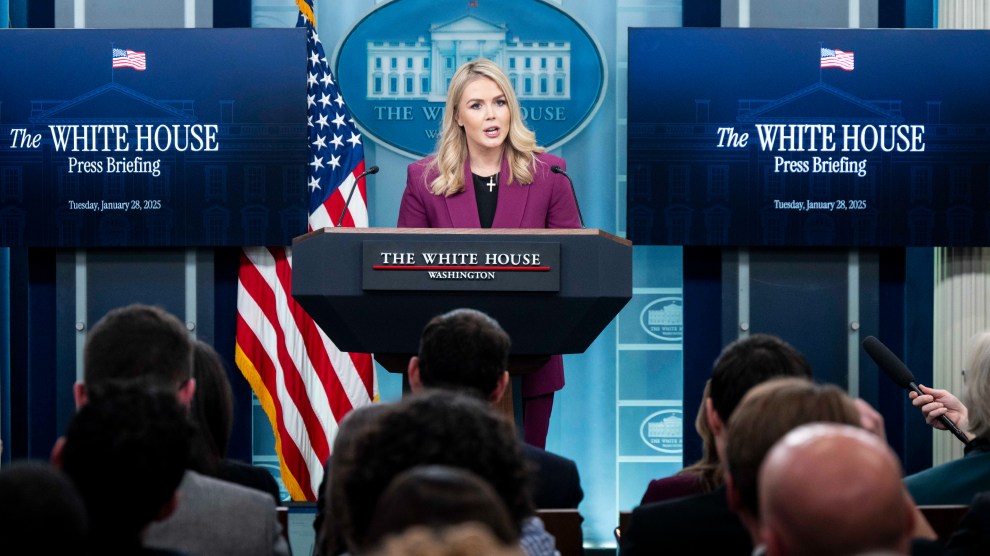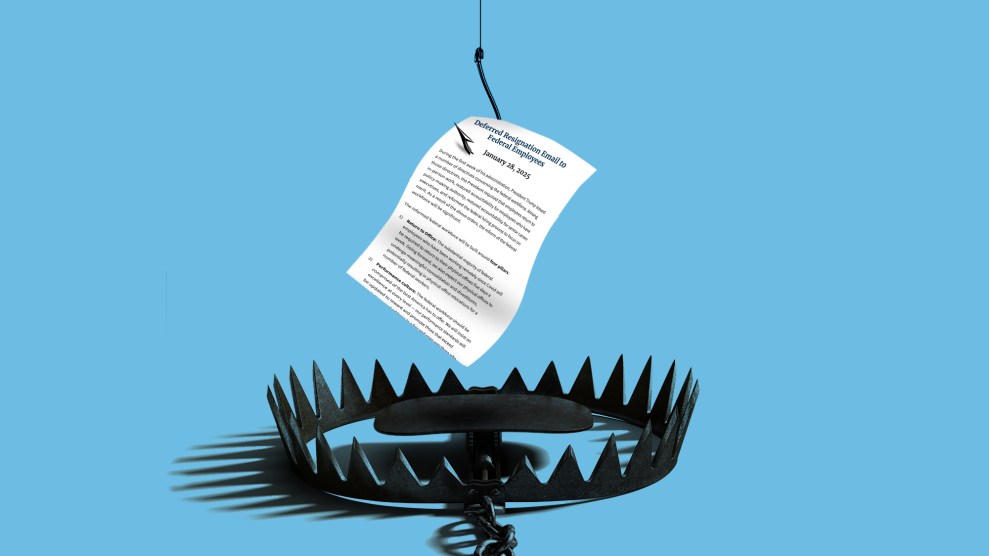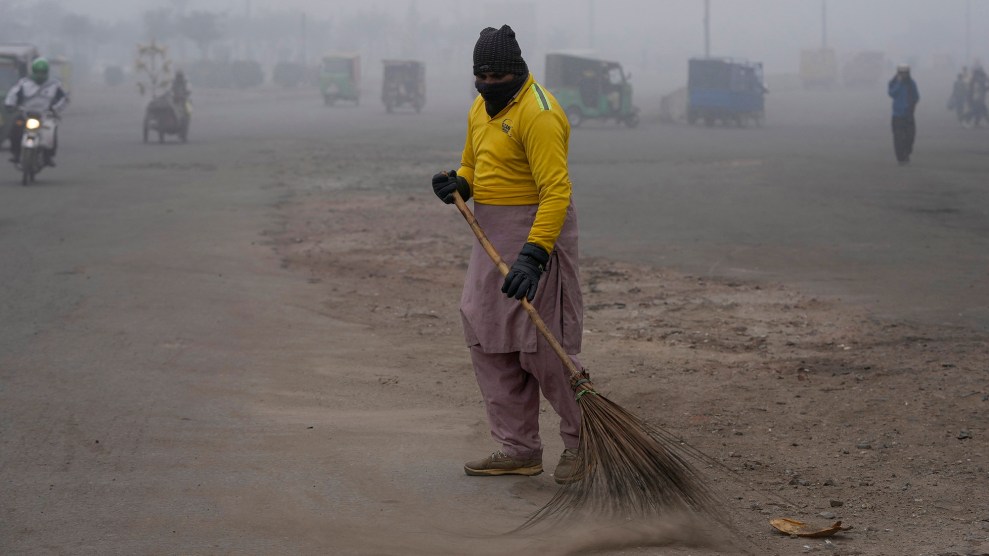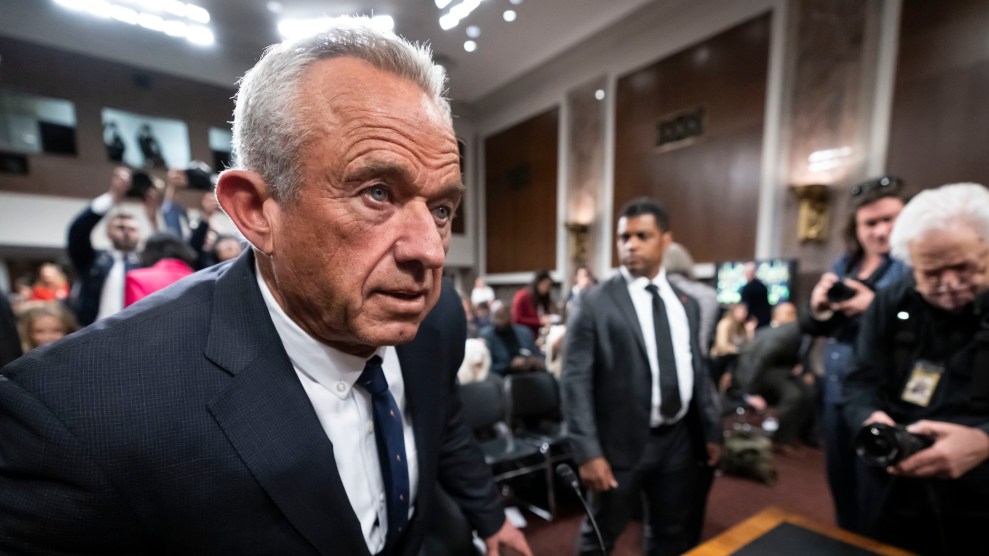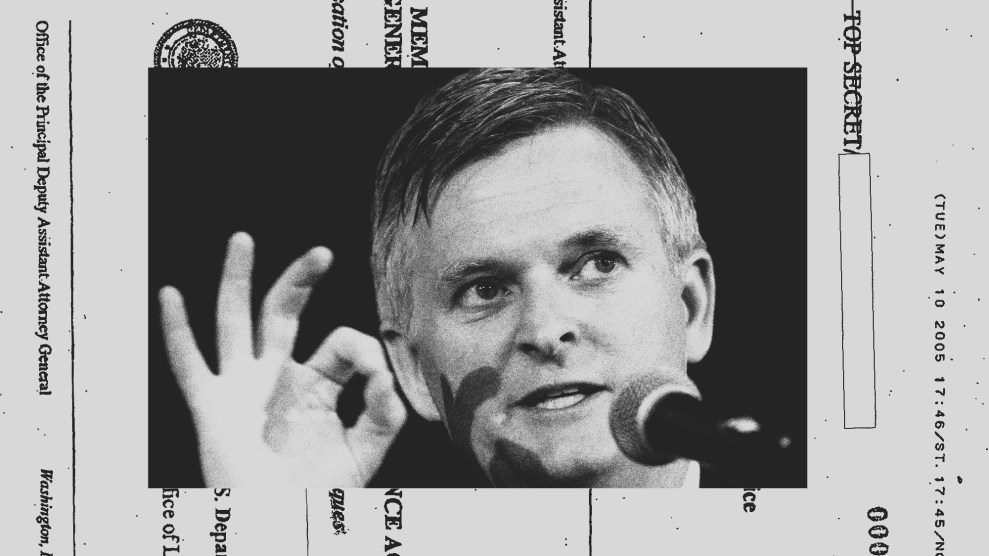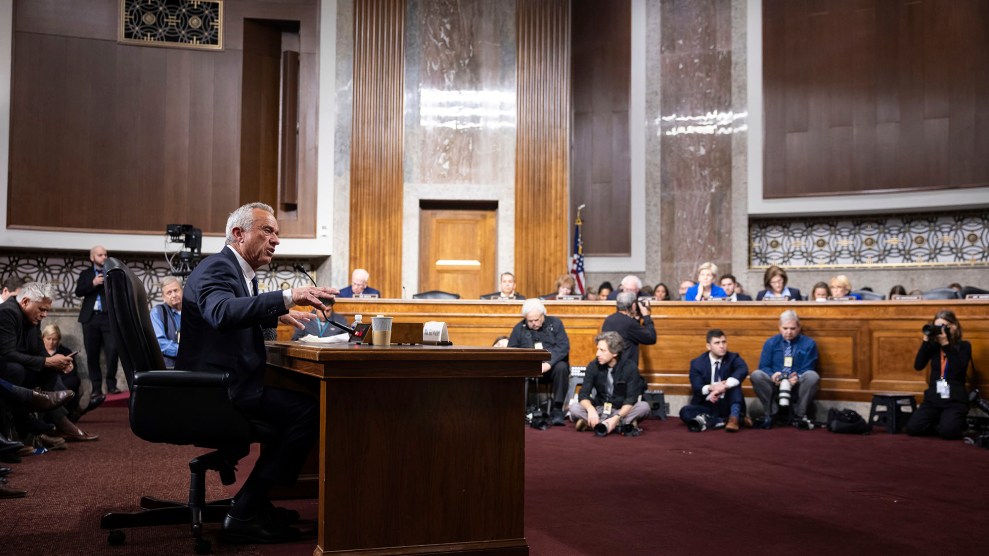Yesterday, the Wall Street Journal reported on its extensive interview with the much criticized Iraqi Prime Minister Nouri al-Maliki. Upon his return to Baghdad in 2003, after spending more than 20 years in Syria, Maliki enthusiastically supported the total elimination of the Baath Party’s institutions, one of the Bush administration’s many early decisions that have henceforth evoked disapproval. (Maliki is a member of the Dawa Party, whose members faced execution under Saddam’s regime.) Maliki has since been denounced by his own government, many wondering if he really has what it takes to lead this dividing country to any semblance of peace.
Most recently, the Prime Minister has been called to task by the media for his large role in pushing up Saddam’s execution to last Friday, at dawn on Eid al-Adha, a holy muslim holiday. The decision to speed up Saddam’s execution, which may have been a calculated political move to regain popularity among his fellow Shi’ites (whose faith in him has been waning), appears to have done just that. So maybe it is too early for the Prime Minister to back down, but he himself has doubts about his ability, and his desire, to rule. He didn’t even want the position in the first place. In the Journal’s December 24th interview with the Prime Minister, in response to whether he will accept this position again, he responded, “I didn’t want to take this position. I only agreed because I thought it would serve the national interest, and I will not accept it again…I wish I could be done with it even before the end of this term.”


